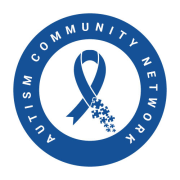

Author(s): Yan Zhang, Juan Yan, Haoyu Xing, Junjie Wang, Kaijie Fang
This study investigated effects of repetitive Transcranial Magnetic Stimulation (rTMS) therapy on sleep structure and quality in children with Autism Spectrum Disorder (ASD). Sixty children with ASD were selected from Lishui Second People's Hospital from January 2020 to December 2021 and randomly divided into rTMS treatment and pseudo-treatment groups. The rTMS group received bilateral low-frequency (0.5 Hz) stimulation; the pseudo-treatment group received pseudo-stimulation at the same time and location. The Sleep Disturbance Scale for Children (SDSC) and Autism Behavior Checklist (ABC) were used to evaluate the changes before treatment and after 15 and 30 sessions over six weeks. The results showed no significant difference in demographic characteristics or SDSC factors and total scores between the two groups before treatment (p>0.05). After 15 and 30 sessions, the total SDSC and related factor scores in the rTMS group were significantly lower than those in the pseudo-treatment group (p<0.05). Difference t-tests showed that after 30 treatments, the score reduction rate in all dimensions in the rTMS group was significantly higher than that in the pseudo-treatment group (p<0.05). No significant differences were found in ABC scores. rTMS can improve sleep structure and quality in children with significant ASD, particularly after 30 sessions.